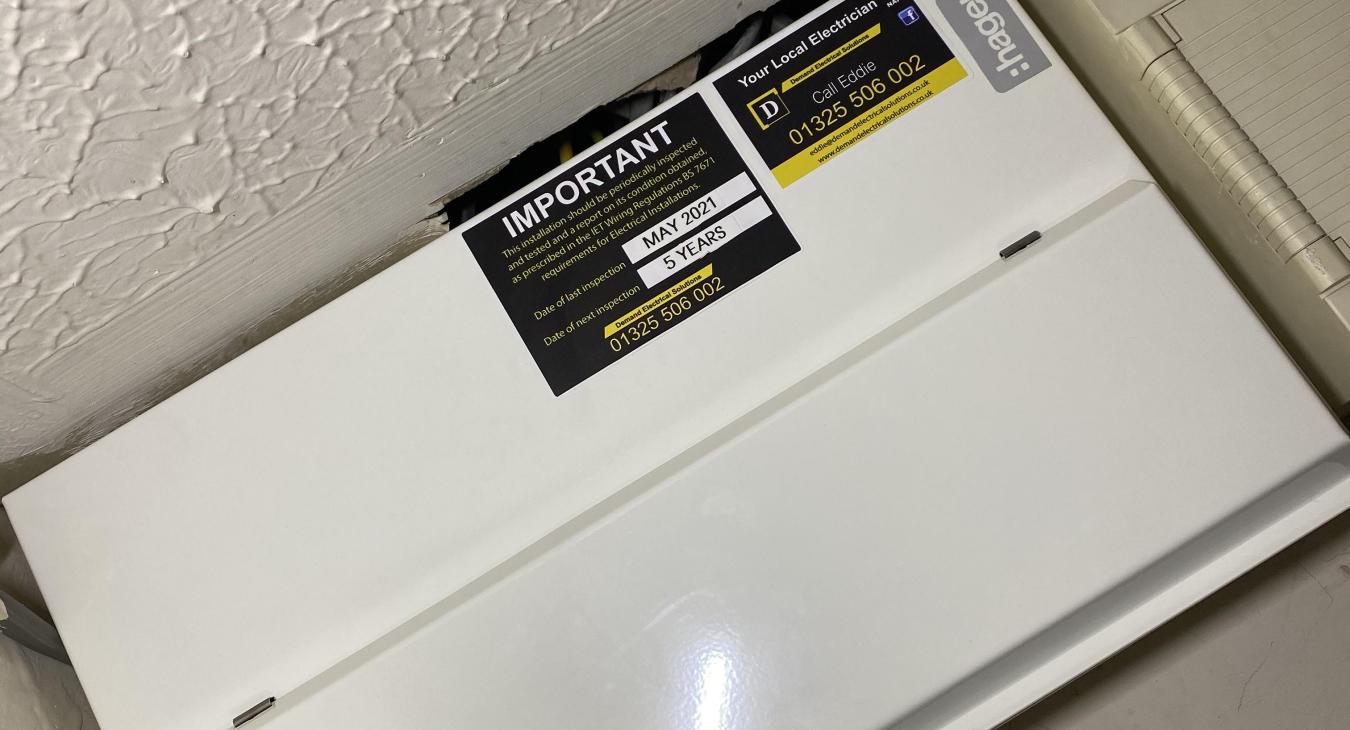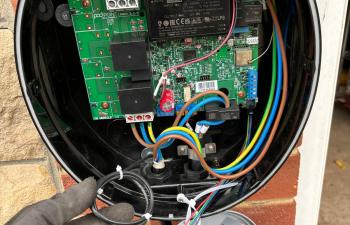With electrical safety and installations adapting in an ever-changing world, it's important to check that your electric system in your home is working safely and efficiently. Health and safety regulations and requirements are reviewed and amended regularly, not to mention natural deterioration of wires and sockets. With this in mind it’s always best to keep regular schedule of electrical testing and maintenance.
A vital component for electric distribution in your home is the fuse board or consumer unit. The fuse board is often where lots of problems and dangers can be found lurking unknowingly to the homeowner. The majority of people wouldn’t notice that their fuse board is overloaded, full of circuits or in poor condition. The fuse board is the “think tank” to your electrics meaning if something is wrong at the fuse board this could affect your entire circuit around your home.
An EICR (electrical installation condition report) is the most comprehensive report available to cover the electrics in your home ensuring the safety of you and the people you live with. An EICR covers a full fuse board inspection and follow up report.
All fuse boards are now required to be protected by an RCD; this is a safety device designed to cut the power if an electrical fault were to occur. However, RCDs have not always been a requirement so may be missing in older properties with older style fuse boards.
If you do have an older fuse board that isn't protected by an RCD but is still functioning well there isn't any need to replace it – an RCD can be added to ensure the extra protection of your current unit. Although it's important to note that this isn't always cost effective so it's best to seek the advice of your local electrician following your fuse board inspection.
Fuse board inspections can come along with other electrical work and not just as part of an EICR. If you are adding a new circuit to your home that runs directly through the fuse board, for instance when adding a new room to your home or even installing lights or electricity to your garden can result in a new connection being run directly from the fuse board.
In these situations, your electrician may encounter problems if the fuse board is overloaded or doesn’t have enough terminals to add a new connection. These scenarios could result in the need of a new fuse board with the capacity to manage your electrical requirements for your home safely.
All fuse board inspections must be completed by a competent, registered electrician. In the event that the fuse board needs to be replaced the electrician carrying out the work must provide an EIC (electrical installation certificate) and the work must be part P compliant. Once the fuse board has been changed the circuits in the property will need to be tested and the results provided along with the EIC. A competent electrician will be fully insured provide a lengthily guarantee on their work for years to come.






